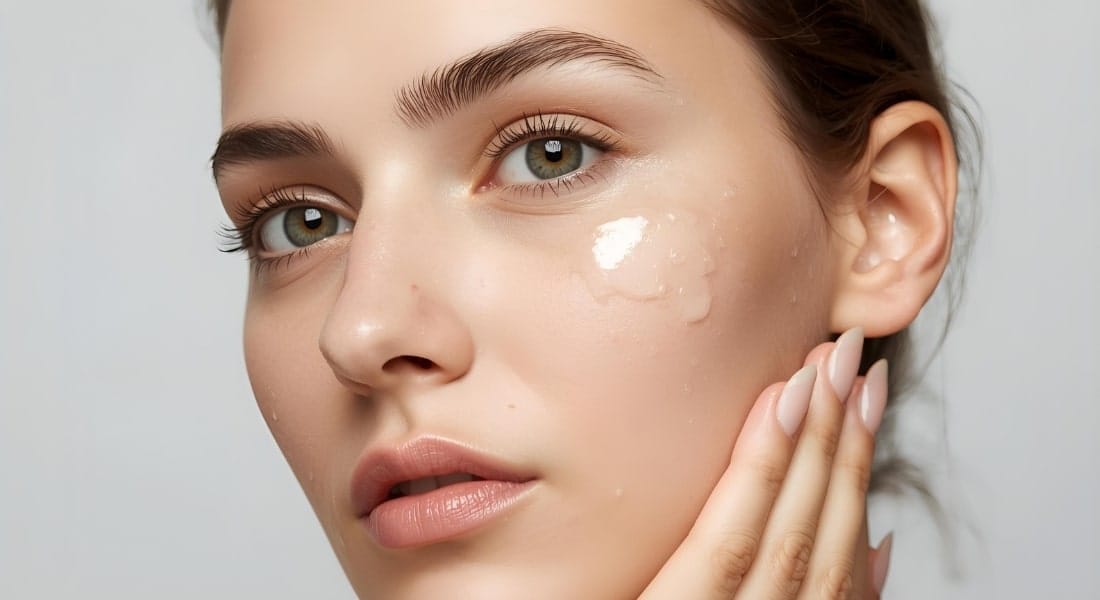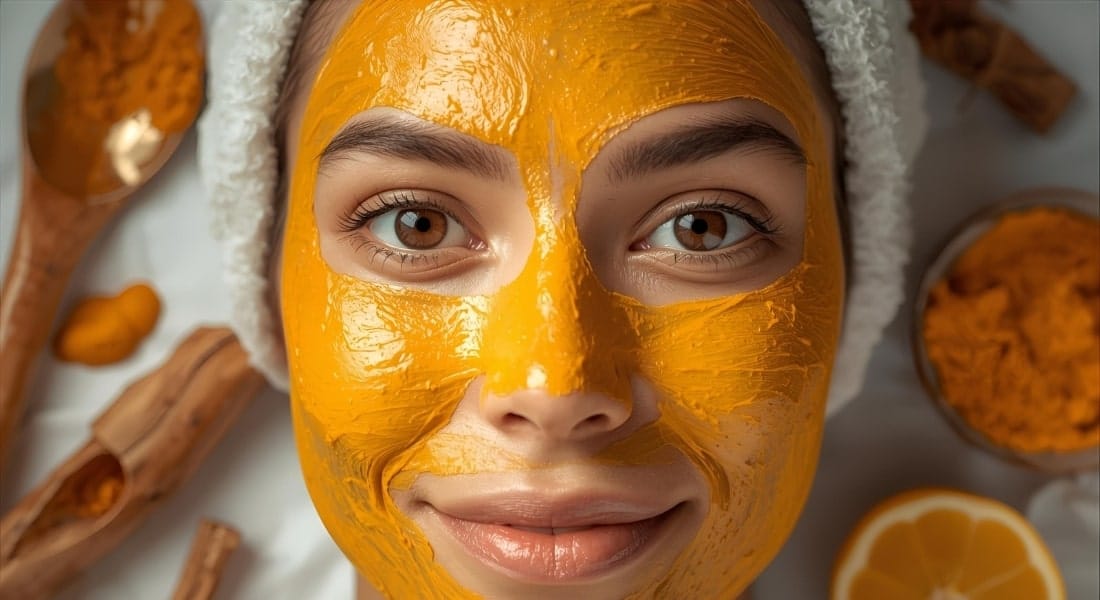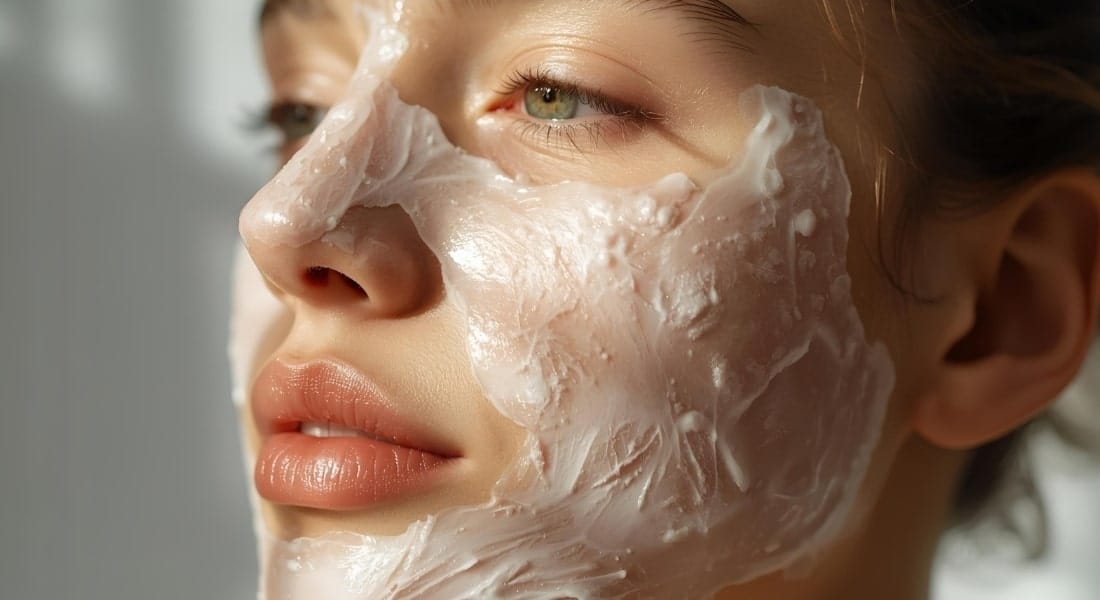Acne is more than just a skin condition; for millions, it’s a source of frustration and self-consciousness. The journey to clear skin often feels like a battle with no end in sight, as new breakouts appear just as old ones begin to fade. You’ve likely tried countless remedies, from over-the-counter creams to complex routines, only to feel like you’re back at square one. This persistent cycle can be incredibly discouraging, leaving you to wonder: why your acne isn’t going away?
The truth is, while you may be treating your breakouts, you could be unknowingly making some common acne mistakes that sabotage your progress. These missteps can range from using the wrong products to overlooking crucial steps in your skincare routine, all of which prevent your skin from healing properly. At Aakaar Medical Technologies Ltd, we understand the science behind healthy skin. By identifying these mistakes and offering targeted, dermatologist-backed solutions, we aim to provide you with the knowledge and tools needed to achieve lasting results.
1. Using Harsh or Wrong Cleansers
The most fundamental step in any skincare routine is cleansing, yet it’s also where one of the most significant mistakes is made. Many people with acne-prone skin believe that the “squeaky clean” feeling is a sign of effective cleansing. They reach for harsh cleansers containing strong sulfates or alcohol, thinking these products will strip away excess oil and “kill” acne-causing bacteria.
However, this aggressive approach does more harm than good. When you completely strip your skin of its natural oils (sebum), you disrupt its delicate moisture barrier. In response, your skin panics and overcompensates by producing even more sebum, creating a vicious cycle of oiliness and breakouts. Furthermore, a compromised skin barrier becomes more vulnerable to inflammation and bacteria, worsening your acne. The key is to cleanse effectively without stripping.
To correct this mistake, you need a gentle yet powerful cleanser that removes impurities and excess oil without disturbing your skin’s natural balance. A medically formulated option is the ideal solution for this. For a reliable, effective solution, consider TUBELiTE akneklenz. This specialized acne cleanser is designed to deep-clean pores, remove oil, and target acne-causing bacteria, all while preserving the skin’s essential moisture. It’s an effective first step in an acne-fighting routine, setting the stage for better skin health without the side effects of harsh chemicals.
2. Not Moisturizing Oily/Acne-Prone Skin
One of the most persistent myths in skincare is that if you have oily or acne-prone skin, you should avoid moisturizers. The logic seems simple: adding more moisture will only make your skin oilier and cause more breakouts. This is a critical misconception that is likely one of the main reasons for persistent breakouts.

As mentioned, over-cleansing and drying out your skin can trigger a rebound effect of increased oil production. When the skin’s moisture barrier is dehydrated, it becomes irritated and inflamed, making it more susceptible to breakouts. A proper moisturizer helps to restore this barrier, calm inflammation, and regulate sebum production. A hydrated and balanced skin barrier is a strong one, capable of defending against environmental stressors and bacteria.
The secret is to choose the right kind of moisturizer—one that is non-comedogenic (won’t clog pores) and lightweight. These formulas provide necessary hydration without feeling heavy or greasy. To fix this common mistake, a product like TUBELiTE aknehydrate is an excellent choice. This product provides essential hydration to help soothe and restore the skin’s barrier without contributing to breakouts. It’s a key part of best skincare for acne-prone skin, proving that moisturizing is a non-negotiable step, even for oily skin types.
3. Skipping Sun Protection
Many people with acne focus so much on treating active breakouts that they completely neglect sun protection. This is a huge oversight. Sun exposure, especially without proper protection, can be incredibly damaging to acne-prone skin and can significantly prolong the appearance of marks and scars.
UV radiation can trigger inflammation, making existing breakouts redder and more painful. More importantly, it directly influences post-inflammatory hyperpigmentation (PIH). When a breakout heals, it often leaves a dark spot or scar behind. Exposure to UV rays can darken these spots, making them more stubborn and difficult to fade. This is why many people find their post-acne marks treatment efforts are unsuccessful—the sun keeps undoing the progress.
Protecting your skin with a good, daily sunscreen is a crucial step in preventing future breakouts and helping existing marks fade faster. The key is to find a sunscreen formulated for acne-prone skin so it won’t cause new breakouts. For this purpose, TUBELiTE akneskreen is a dermatologist-recommended option. This sunscreen provides broad-spectrum protection while being non-comedogenic, ensuring you can shield your skin from the sun’s damaging effects without clogging pores. A consistent routine including this product is essential for truly healthy skin.
4. Ignoring Pigmentation & Post-Acne Marks
Once an active pimple has healed, it often leaves behind a dark, discolored spot. These are known as post-inflammatory hyperpigmentation (PIH) or post-acne marks. Many people consider these marks a sign of a “healed” breakout and ignore them, thinking they will fade on their own. While some marks do fade over time, many can last for months or even years, contributing to the appearance of a perpetually “unclear” complexion.
Ignoring these marks is a mistake because they can be more psychologically distressing than the active breakouts themselves. A comprehensive acne treatment routine should not only focus on preventing new pimples but also on addressing the marks left by old ones. This two-pronged approach is what leads to truly clear and even-toned skin. The longer these marks go untreated, the more deeply embedded they become, making them harder to remove.
For effective post-acne marks treatment, a targeted solution is required. Ingredients like Kojic acid, arbutin, and vitamin C can help inhibit melanin production and lighten dark spots. To correct this common oversight, consider incorporating TUBELiTE melaminus into your routine. This product is formulated to specifically target pigmentation and help fade post-acne marks, restoring a more even skin tone. By actively treating these marks, you can speed up your journey to a blemish-free complexion.
5. Relying Only on Home Remedies Instead of Dermatological Solutions
The internet is filled with home remedies and DIY solutions for acne, from using lemon juice to applying toothpaste. While these may seem harmless, they are often ineffective and can even be detrimental to your skin. Many of these remedies are highly acidic, harsh, or abrasive, causing more irritation and inflammation and leading to a damaged skin barrier.

While a good, consistent over-the-counter routine can work for mild acne, more persistent or severe cases require professional-grade dermatological solutions for acne. Home remedies lack the scientific backing and controlled formulation of products created in a lab. The right acne treatment products in India are those developed with medical expertise to target the specific causes of acne safely and effectively.
For stubborn acne that doesn’t respond to basic care, advanced treatments are necessary. Options like chemical peels can provide a powerful solution by exfoliating the top layers of the skin, unclogging pores, and stimulating cell turnover. For a professional-grade treatment, Black Peel is an advanced option that can be performed by a professional. It utilizes a unique blend of ingredients to deeply exfoliate and purify the skin, making it a highly effective treatment for persistent acne and its associated marks.
Additional Skincare and Lifestyle Tips
Beyond correcting these common mistakes, incorporating healthy lifestyle habits can significantly improve the health of your skin and support your acne treatment journey.
- Hydration and Diet: Drink plenty of water to keep your skin hydrated from within. A diet rich in fruits, vegetables, and whole grains, and low in sugar and processed foods, can help reduce inflammation and breakouts.
- Stress Management: High stress levels can increase cortisol, a hormone that can stimulate oil production. Practice mindfulness, yoga, or other stress-reducing activities to help your skin stay calm.
- Consistent Hygiene: Regularly clean your phone screen, change your pillowcases, and avoid touching your face throughout the day to minimize the transfer of bacteria and oils.
The most effective approach to how to treat acne effectively is to be patient and consistent with a routine that is right for your skin, and to use medically backed products.
Conclusion: Taking Control of Your Skin’s Health

The journey to clear skin can be challenging, but it is not impossible. Understanding why your acne isn’t going away is the first step toward finding a lasting solution. By avoiding common mistakes like using harsh cleansers, skipping moisturizer and sunscreen, ignoring pigmentation, and relying on unproven remedies, you can set your skin up for success.
A truly effective routine requires a combination of good habits and scientifically formulated products. Aakaar Medical Technologies Ltd is committed to providing a comprehensive range of dermatological solutions for acne that address every stage of the condition, from active breakouts to post-acne marks. We invite you to explore our website and consult with a dermatologist to find a personalized skincare routine that will help you finally take control of your skin’s health.

